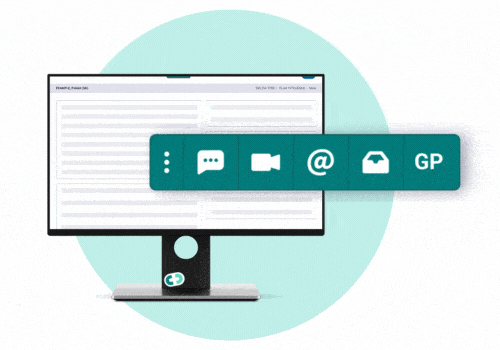Derbyshire PCTs ditch NHS Direct for out-of-hours
- 29 August 2006
NHS Direct will no longer provide out-of-hours services to three Derbyshire PCTs after concerns were raised over long callback times.
Two deputising services, which were previously supplying OOH services before NHS Direct, will now put out a joint tender with a view to replacing NHS Direct in November.
Dr John Grenville, chair of Derbyshire LMCs, told Pulse magazine that the NHS Direct service was not up to the job of handling out of hours calls. "The two main deputising services signed contracts with NHS Direct to do call handling but it had trouble coping. It’s never really been possible for NHS Direct to guarantee call handling all the time."
Although the telephone service is popular with the general public, NHS Direct has suffered in recent months due to its failure to win enough contracts for supplying GP out-of-hours work to PCTs.
The service is currently undergoing a three-month consultation with staff on proposals that will cut around a thousand existing jobs. Unison and the Royal College of Nursing are warning they may consider strike action.
In 2005, a research report published in the British Medical Journal showed the potential for problems with handling OOH call levels for the service.




